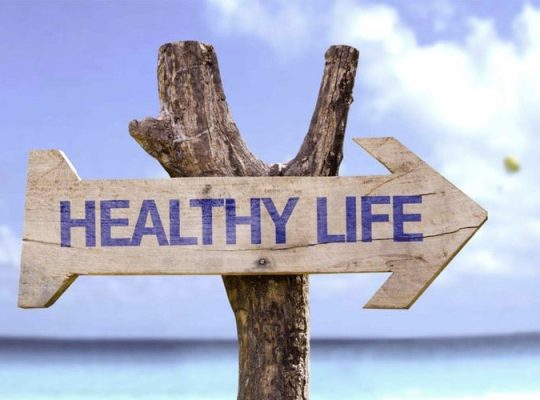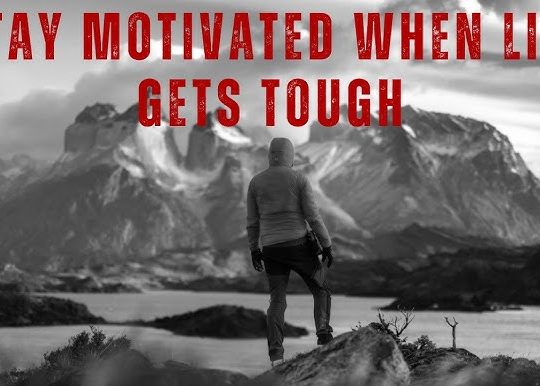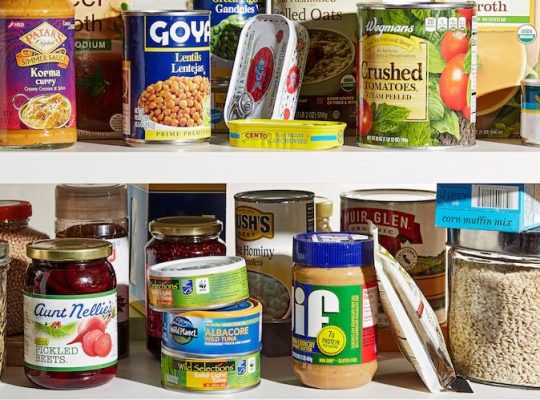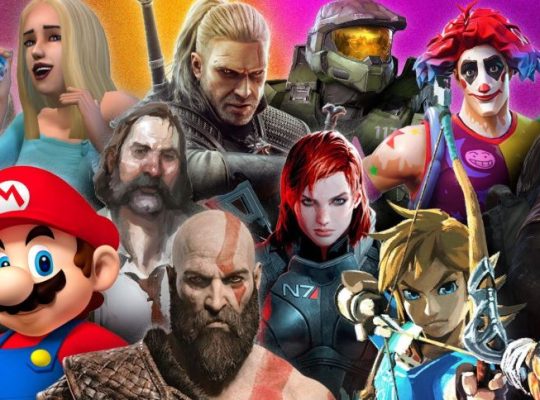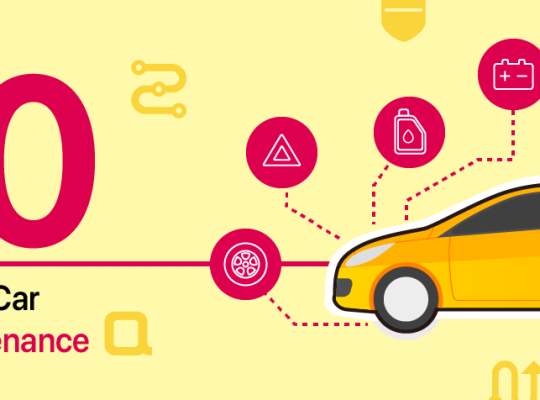In an age overflowing with information, where social media, breaking news, and viral opinions dominate our attention, one skill has become more essential than ever: critical thinking.
We’re surrounded by endless content — some true, some false, and much of it designed to provoke emotion rather than promote understanding. The ability to pause, analyze, and think independently isn’t just useful anymore — it’s vital. From navigating political discourse to making daily life decisions, critical thinking helps us cut through the noise, spot the truth, and make smarter choices.
So, what exactly is critical thinking? Why is it so crucial in today’s world? And how can we sharpen it?
Let’s dive in.
What Is Critical Thinking?
At its core, critical thinking is the ability to:
-
Analyze information objectively,
-
Evaluate its validity and relevance,
-
Reflect on different perspectives, and
-
Form judgments based on logic and evidence, not just emotions or biases.
It’s not about being negative or skeptical of everything — it’s about being thoughtful, curious, and open-minded while also being discerning.
Critical thinking involves asking the tough questions like:
-
Is this source reliable?
-
What’s the evidence behind this claim?
-
Is there another way to interpret this?
-
What am I missing or assuming?
In short, it’s thinking about how you think.
Why Critical Thinking Matters More Than Ever
1. We Live in the Age of Information — and Misinformation
With the rise of the internet and social media, we now have instant access to more information than any other generation before us. That sounds great, right?
But here’s the catch: not all information is accurate. Fake news, deepfakes, conspiracy theories, and clickbait headlines are everywhere. Anyone can publish anything. That means we have to become our own fact-checkers.
Without critical thinking, it’s easy to fall for misinformation, spread it, and act on it — which can have real-world consequences.
2. Critical Thinking Promotes Better Decision-Making
From choosing what to eat and how to budget, to selecting a career path or deciding who to vote for — life is full of decisions. Critical thinking allows you to:
-
Weigh pros and cons,
-
Analyze risks and benefits,
-
Consider short-term vs. long-term impact.
Rather than acting impulsively or relying on what “everyone else is doing,” critical thinkers make informed, thoughtful choices — and that usually leads to better outcomes.
3. It Helps You Detect Bias — Including Your Own
We all have biases. Cultural, personal, political, emotional — they influence how we see the world. Critical thinking doesn’t eliminate bias, but it helps identify and manage it.
It trains you to:
-
Spot emotional manipulation in ads or speeches,
-
Recognize logical fallacies,
-
Separate facts from opinions.
Even better? It helps you question your own assumptions and grow in the process.
4. It’s a Superpower in Your Career
In the workplace, critical thinking is one of the top skills employers look for. Why?
Because it enables:
-
Problem-solving under pressure,
-
Strategic planning,
-
Innovation and creativity,
-
Independent judgment.
Whether you’re in tech, education, healthcare, marketing, or business — the ability to think critically gives you an edge. It turns employees into leaders and ideas into action.
5. It Strengthens Relationships
Yes, critical thinking even helps in your personal life. When you approach conversations with curiosity instead of judgment, and when you think before reacting, you’re more likely to:
-
Communicate effectively,
-
Resolve conflicts respectfully,
-
Understand others’ perspectives.
It promotes empathy without compromising on your values — a powerful combo in today’s polarized world.
6. It’s Key to Being a Responsible Digital Citizen
We’re constantly bombarded with tweets, posts, TikToks, news articles, and YouTube rants. And much of it is designed to influence our behavior — often subtly.
Critical thinkers:
-
Pause before sharing content,
-
Verify sources,
-
Reflect on why something is trending,
-
Ask who benefits from a certain narrative.
That’s the kind of awareness we need to navigate the digital world ethically and intelligently.
Signs You’re a Critical Thinker
Wondering if you’re already thinking critically? Here are a few clues:
✅ You ask “why?” and “how?” a lot
✅ You’re not afraid to admit when you’re wrong
✅ You value evidence over emotion in debates
✅ You listen more than you speak
✅ You question assumptions — including your own
If that sounds like you (or like the person you want to become), you’re already on the path.
How to Strengthen Your Critical Thinking Skills
The good news? Critical thinking isn’t a talent — it’s a skill. And like any skill, it can be developed with practice.
1. Ask More Questions
Train yourself to be curious:
-
Why is this being said?
-
What’s the evidence?
-
Is there another side to the story?
2. Read Widely — and from Different Sources
Expose yourself to various viewpoints. Read books, articles, and blogs that challenge your beliefs. The goal isn’t to agree with everything — it’s to understand it.
3. Slow Down Your Thinking
We make snap judgments every day. Slow down. Reflect. Don’t react immediately. Take a breath before jumping to conclusions.
4. Challenge Your Own Beliefs
Ask yourself: What if I’m wrong? or What would someone who disagrees with me say? This builds intellectual humility and sharpens your reasoning.
5. Engage in Thoughtful Conversations
Talk to people who think differently than you. Listen actively. Ask follow-up questions. This improves both understanding and empathy.
6. Analyze the News
Next time you read a headline, look deeper:
-
Is the source credible?
-
Are there multiple sides being reported?
-
What language is being used to trigger emotion?
7. Practice Problem-Solving
Take real-life problems (personal or global) and think through solutions. What are the root causes? What are possible outcomes?
A Quick Reality Check: What Critical Thinking Is Not
-
❌ It’s not overthinking everything to the point of analysis paralysis.
-
❌ It’s not about being cynical or distrusting everything.
-
❌ It’s not about “winning” arguments.
-
✅ It is about thinking deeper, smarter, and with more intention.
Conclusion: Why It All Matters
The world is complex, fast-changing, and filled with competing narratives. In this environment, critical thinking is more than a useful tool — it’s a survival skill.
It empowers you to:
-
Make better decisions,
-
Resist manipulation,
-
Grow intellectually,
-
Connect more deeply with others,
-
And most importantly — live life on your own terms, not someone else’s script.
So if you do one thing today, start paying more attention to how you think. That small shift could change everything.
Because in a noisy world — clarity is power.



